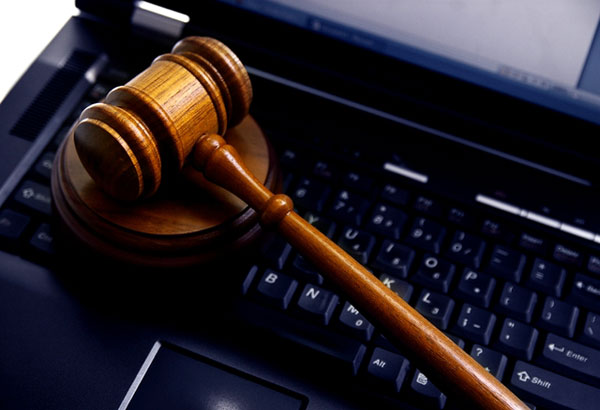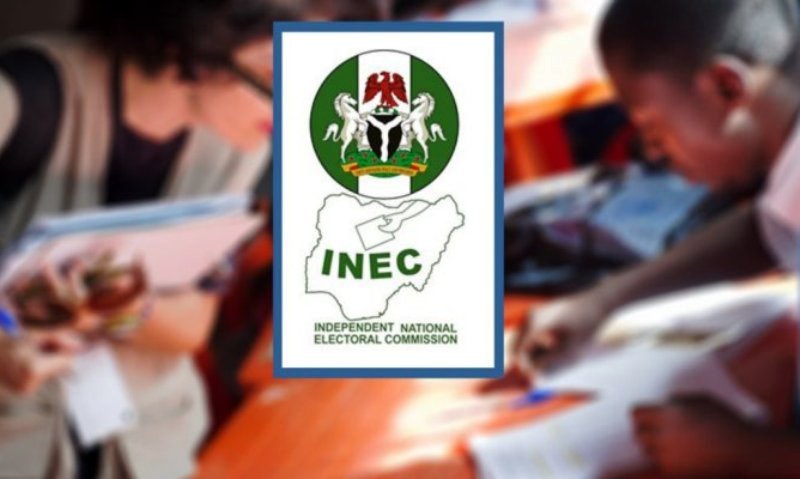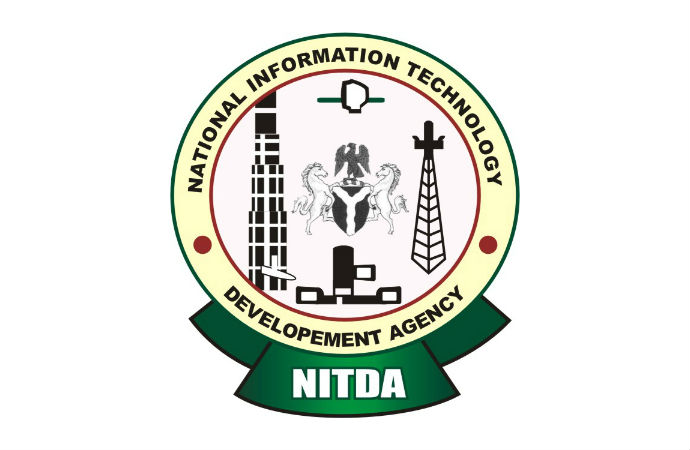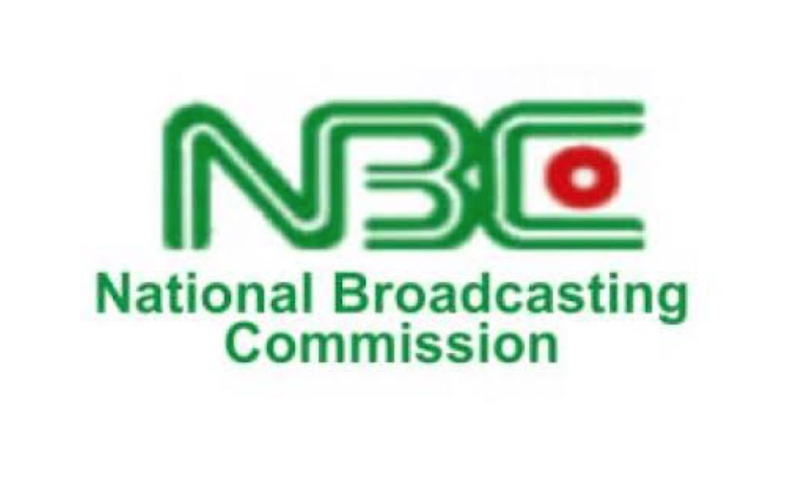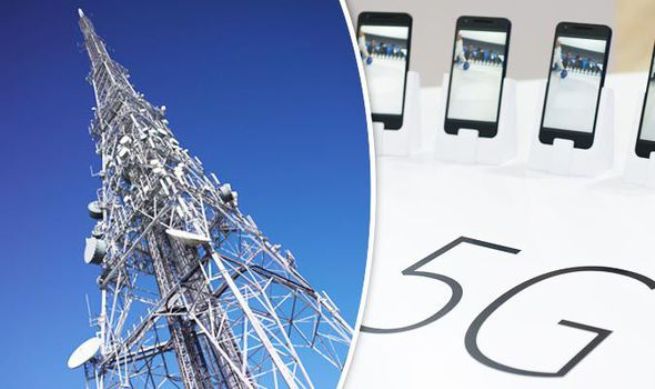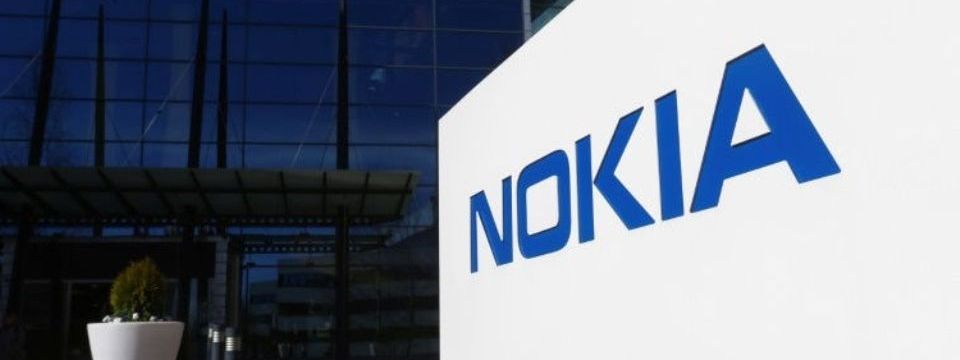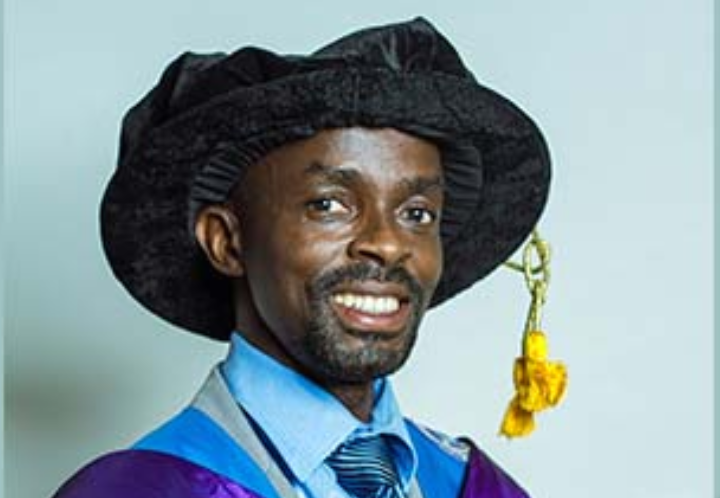As the nation hobbles towards a potentially explosive election period, there is the need to sound a note of caution that things may spiral out of control, desperation may push people to thread on the path of the unorthodox, and to manipulate information for their own inordinate end.
A personal experience has informed this preceding cryptic opening. My wife had received a WhatsApp message from a certain country in Europe containing a quote taken from a previous material I wrote supposedly in support of Mr Peter Obi, former governor of Anambra State and the Presidential candidate of the Labour Party. Conveniently placed side by side with my passport photo, the quote rested on a Vanguard logo, meaning the material was purportedly taken out of my Wednesday column in the Vanguard. There the wimps got it all wrong. That photo is used by only two other organisations, not the Vanguard. The quote attributed to me was not written by me at all.
Take it this way. It will be creatively stimulating to write something on Obi but nobody has to help me to, or stampede me into expressing a political opinion which at the moment enjoys no accommodation in my entire system. You don’t have to be my ventriloquist.
I am not bipolar or schizophrenic. No mental degeneration whatsoever to invalidate my ability to recall the content of my materials. Even then within the week I still needed a third party validation of the soundness of my mental capacity by pulling my last week’s material from the online version of the Vanguard, titled: INEC and machine promises, a little skepticism may help. I read it line by line to my wife, nothing sneaked in. The most painful aspect of this drama of the absurd is that when I discussed the matter with a junior colleague after sending him the material, he gave a candid advice but in whispers, perhaps in the fear that he might be overheard. “You know the people supporting this man, you really have to be careful or they will come after you on social media or otherwise.”
Oh my God! This cannot be happening all over again. Over seven years ago, we built a political future on the foundation of wholesale fraud and pervasive information manipulation and got APC into government. Just less than a year to the end of this administration, the country is in turmoil; tears, sorrow and blood have become the experienced homogeneity across homes in all parts of the country. Those who want to promote a new government through episodic renaissance should follow the path of truth and not create bogies like the very government they are struggling to supplant.
Those who have followed us on this page will affirm that we have fought some little tech battles as we have stood against sundry attempts by the government to use bogus regulatory instruments to put the Nigerian public in dire straits. We waged an unrelenting fight against attempts by highly placed interests to hijack the 6th edition of the Nigeria Broadcasting Code for their private interests and advantages until the document was thrashed in the last week of May by a Federal High Court sitting in Lagos; we called attention to the incongruity of the NITDA Bill that was sent to the National Assembly; we have been vociferous in condemning the regulatory capture of both the Nigerian Communications Commission (NCC) and the National Broadcasting Commission (NBC) while appealing to the supervising ministers to release their choke hold on the agencies so that they could really thrive, and we have not been timid in pointing attention to policies with embedded adverse returns on the life of the people.
Conversely, we have also written copiously on the CYBERCRIMES (PROHIBITION, PREVENTION, ETC) ACT, 2015, which has the robust capacity to track and deal with every misdemeanour and malfeasance in cyberspace. From the time it was signed into law in 2015, we have looked at the content deeply and can say any day that the law stands heads above anything the government has tried to invent since then, including the social media bill that was roundly defeated at the National Assembly and even the recent subterranean Code of Practice for Interactive Computer Service Platforms/Internet Intermediaries, that was arrow headed by NITDA, the Cybercrimes Act dwarfs them all.
From the very first day a friend became one of the first guys on the wrong side of that Law and was immediately apprehended, I have spoken about it even as a lay man, that the Act has the provision to deal with every fluid infraction in the cyber ecosystem. The Act has no comfort for Cyber threats/bullying, identity theft and impersonation, Cyberstalking, Cybersquatting and a whole of other intervening infractions.
For instance, Section 13 states as follows: A person who knowingly accesses any computer or network and inputs, alters, deletes or suppresses any data resulting in inauthentic data with the intention that such inauthentic data will be considered or acted upon as if it were authentic or genuine, regardless of whether or not such data is directly readable or intelligible, commits an offence and is liable on conviction to imprisonment for a term of not less than 3 years or to a fine of not less than 7,000,000.00 or both; while Section 14 deals with Willful misdirection of Electronic Messages, Unlawful interceptions, Computer Related Forgery and Computer Related Fraud with fines and punishment also clearly defined for those who run foul of the Act.
Meanwhile, Sections 24 and 25 bring the matter home very clearly as they focus more on cyber threats, bullying, intimidation, cyber stalking and all kinds of associated crimes that could lead to the hurt of an individual or organisation. This is what Section 24 says: Any person who knowingly or intentionally sends a message or other matter by means of computer systems or network that – (a) is grossly offensive, pornographic or of an indecent, obscene or menacing character or causes any such message or matter to be so sent; or (b) he knows to be false, for the purpose of causing annoyance, inconvenience danger, obstruction, insult, injury, criminal intimidation, enmity, hatred, ill will or needless anxiety to another or causes such a message to be sent: commits an offence under this Act and shall be liable on conviction to a fine of not more than N7,000,000.00 or imprisonment for a term of not more than 3 years or to both such fine and imprisonment.
(2) Any person who knowingly or intentionally transmits or causes the transmission of any communication through a computer system or network – (a) to bully, threaten or harass another person, where such communication places another person in fear of death, violence or bodily harm or to another person; Cyberstalking. (b) containing any threat to kidnap any person or any threat to harm the person of another, any demand or request for a ransom for the release of any kidnapped person, to extort from any person, firm, association or corporation, any money or other thing of value. There are fines and punishment for the guilty.
Here is my point of interest and I hope the young minds can attempt to reason from my point of view. There is a seeming lack of governance in the land but the laws aren’t dead yet. The courts have demonstrated this always. Those who may want to hide under political candidates and all kinds of amorphous structures in the name of politics should carry a pouch of caution because there are enough laws in the land to address electronic infractions and inconveniences, and even harm to others.
